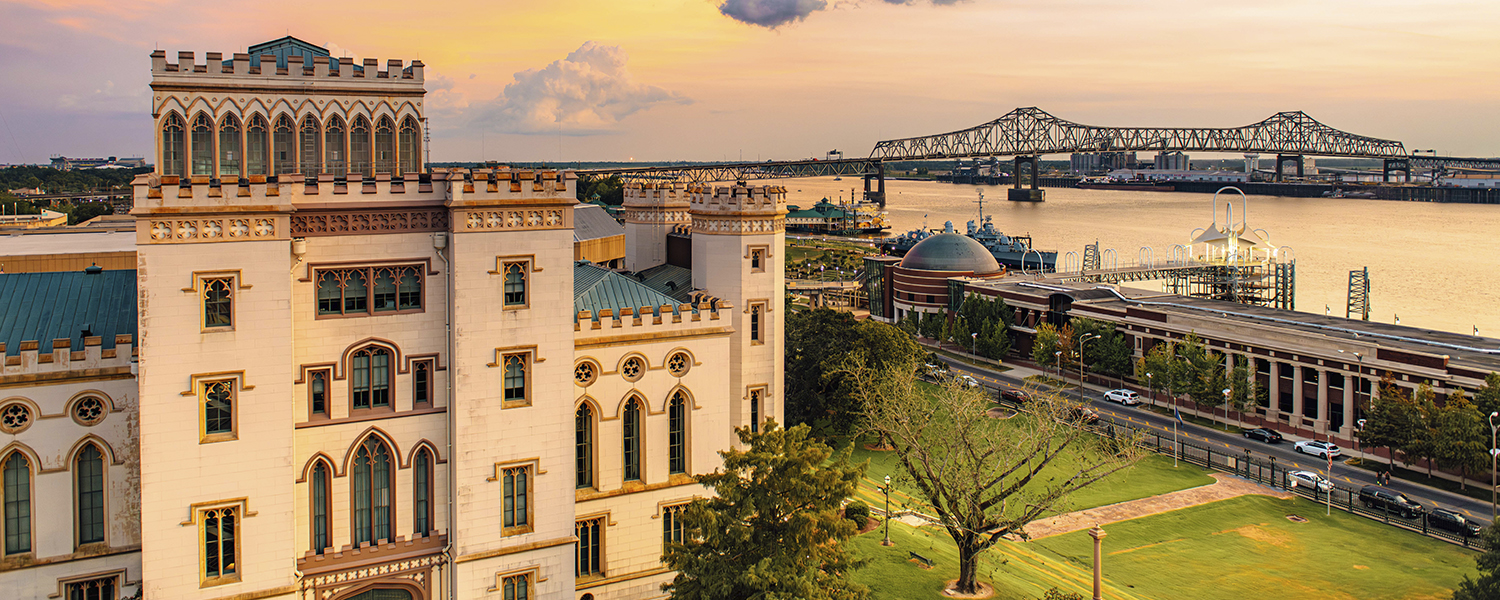Destinations are finding ways to tell the important (past and present) stories of the Black community. In the wake of a tumultuous 2020 in the U.S.—between COVID-19 and widely publicized racial injustices—professionals are moving forward to revive the industry as well as highlight Black heritage tourism in their own backyards. Here is one of those destinations, and you can read the full story here.
According to Explore Charleston’s website, the deeply historical city is one of the first in the country to have had a presence of African people. What followed was many years of enslavement, but Charleston works diligently today to shine a light on the value of African cultural expression in the present.
“Black heritage tourism is very important now because of our society’s greater awareness and education on the role that African Americans have played in our country’s history,” says the CVB’s Serge Polyachenko. “This is especially important for Charleston because of our city’s history. We strive to acknowledge it and not hide it. We are actively promoting this point with our digital programs and also in partnering with local businesses in an effort to get the message out to our visitors. There are a variety of African American history tours, for example, that we work with to educate the public.”
Polyachenko says these are the most hands-on spots with a great deal to explore:
- The Charleston City Market, “because there is so much to see in regards to Gullah culture here. This isn’t a static site but an active, vibrant place to visit.” Fifty-plus resident Gullah artisans at the market sell their handcrafted sweetgrass baskets, made for more than 300 years from bulrush, a locally harvested marshgrash that flourishes in Lowcountry soil.
- The Aiken-Rhett House, “because it shows another side to the contributions of the enslaved. Many were highly skilled artisans as well (and that is evident here).” One of the most well-preserved antebellum townhouse complexes in the country, it was home to Governor William Aiken Jr., his wife, and their slaves in the mid-1800s.
- Mt. Zion AME, “because of our appreciation for this historical church.” AME stands for African Methodist Episcopal, and this denomination stemmed from the original Methodist doctrine. The congregation formed in 1816, with Mt. Zion AME opening after the first AME church was established in Philadelphia in 1787 to break away from racial discrimination.
For more information, contact the CVB’s Jennifer Aiken Cecil or go to charlestoncvb.com.
Top photo: Aiken-Rhett House
Photo by CC Flickr: Warren LeMay: bit.ly/3d286oS




